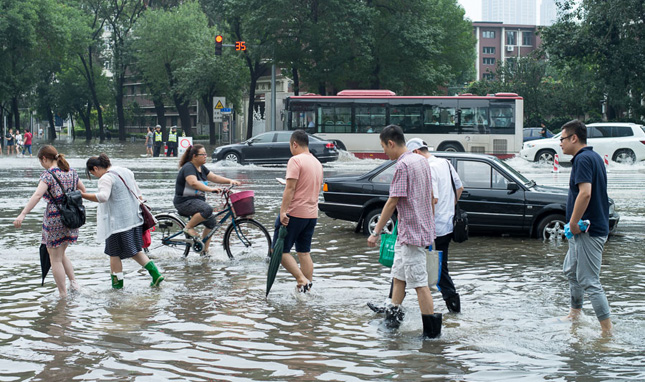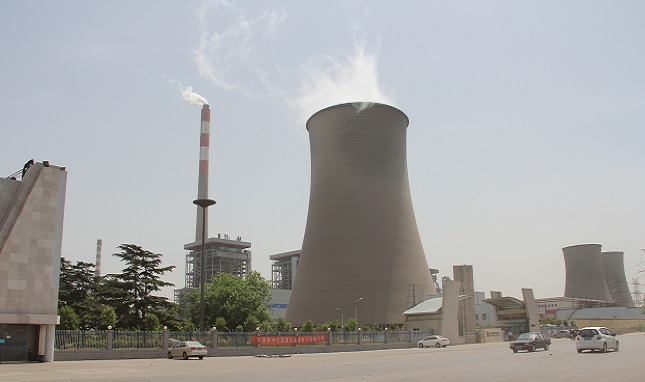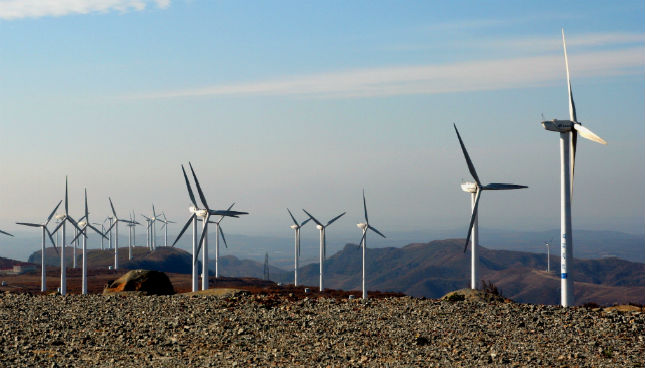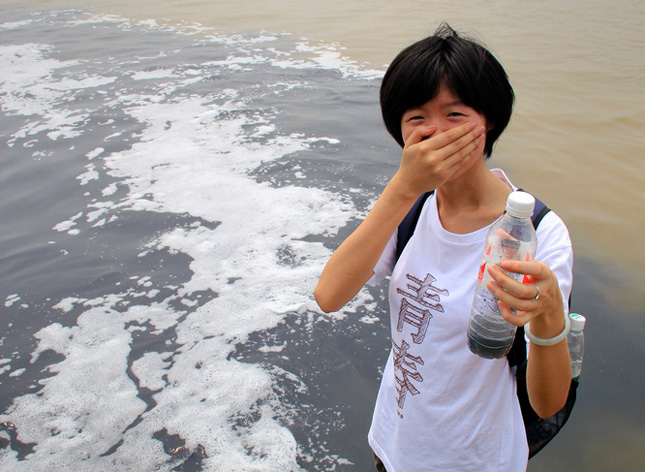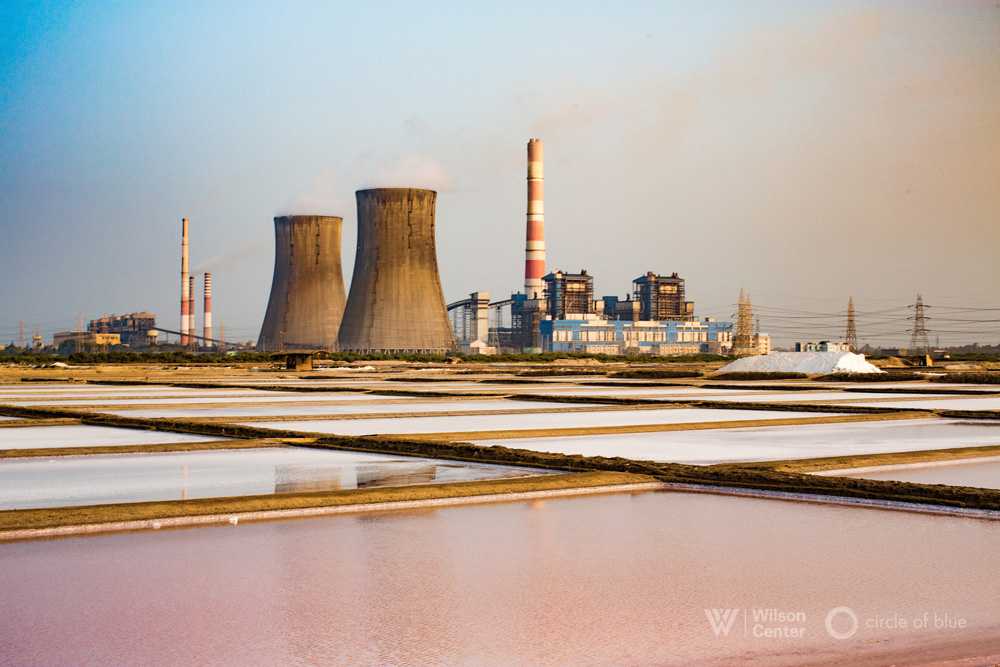-
Fire & Ice: Unlikely Cooperation Between Iceland and China
›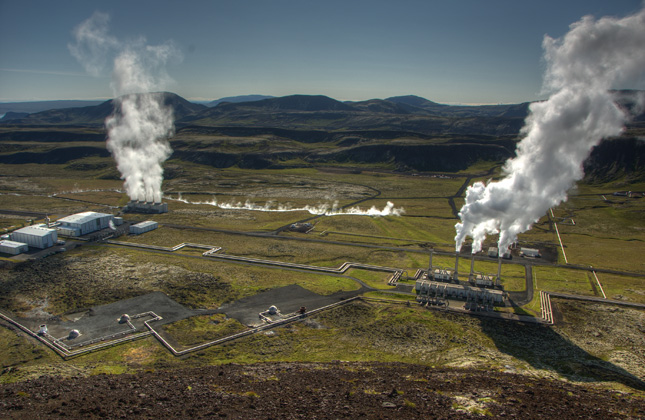
“All of Reykjavik might be able to fit in that apartment block,” remarks Einar Magnusson, the vice president of business development for Iceland-based Arctic Green Energy Corporation (AGEC), as he drives past miles and miles of Beijing’s residential skyscrapers. Following Jiang Zemin’s visit to Iceland in 2002 – the first-ever by a Chinese President – the two nations opened a new chapter in their partnership, which was originally founded upon shared strategic interests. China’s interest in cleaner energy sources has led to a fruitful area of cooperation with Iceland, where geothermal plants generate 66 percent of the country’s primary energy and provide nine in ten households with heat.
-
Sponge City: Solutions for China’s Thirsty and Flooded Cities
›
On Wednesday, June 21, 2017, authorities in Beijing, Tianjin, and Hebei warned residents to prepare for a storm that could trigger flooding and possibly landslides. Flood warnings have become all too common in China: In 2013, more than 230 Chinese cities experienced floods. But Mother Nature is not entirely to blame; the cities’ outdated drainage systems are quickly overwhelmed and sprawling concrete gives stormwater runoff no place to go.
-
Thirsty Power: Measuring the Water Risk of China’s Coal Industry With Mingxuan Wang
›
Coal — the reigning king of China’s energy sector — generates 74 percent of the country’s electricity and is the main source of the staggering air pollution blanketing Chinese cities. Prompted in large part by the air pollution problem, the Chinese leadership has begun to pivot away from coal by strengthening monitoring and enforcement to limit coal-fired power plant emissions, piloting CO2 emissions trading projects, accelerating expansion of renewables, and committing to CO2 reductions in the Paris climate agreement.
-
China’s Great Green Grid? Chris James on Capturing China’s “Wasted” Wind and Solar Power
›
With a capacity of 3,300 MW, Sichuan’s Ertan Hydropower Plant—once China’s largest—promised to alleviate provincial energy shortages and spur economic growth when it began generating electricity in 2000. However, in what came to be known as the “Ertan Incident,” provincial officials halted all clean energy generation in Sichuan soon after the plant came online. The Sichuan power company was obligated by law to buy half of its power from coal-fired power plants, regardless of their inefficiency or environmental impacts. To keep the coal burning, the dam was forced to operate at a major financial loss.
-
Citizen Science Is Making it Harder for China’s Biggest Polluters to Hide
›
In 2016, the Environmental Protection Agency charged its federal advisory committee with exploring how citizen science and crowdsourcing should be integrated into the agency’s mission. The resulting report eloquently describes how if the environment is to be protected then it’s the duty of all – the government, institutions, and citizens – to work together to achieve this.
-
8 Rules of Political Demography That Help Forecast Tomorrow’s World
›In a world rapidly churning out unpredictable political shocks, intelligence analysts occasionally need to clear their heads of the daily barrage of newsworthy events and instead work with simple theories that discern the direction and speed of trends and help predict their outcomes. Political demography, the study of population age structures and their relationships to political trends and events, has helped some analysts predict geopolitical changes in a world that, from time to time, appears utterly chaotic.
-
Tamil Nadu Leads India’s Historic Turn to the Sun and Wind
›MADURAI, India – Before he agreed to serve as minister of state and take command of his country’s mammoth energy production and distribution sector, Piyush Goyal developed one of India’s most spirited political careers. “A man of ideas and competence,” according to First Post, a prominent news organization, Goyal is an accountant and lawyer who rose to the peak of Indian economic and political culture as an investment banker, member of parliament, and treasurer of the ruling Bharatiya Janata Party.
-
Roger-Mark De Souza on the Paris Climate Agreement, With or Without the U.S.
›“A lack of U.S. government support for the Paris climate agreement will mean that the United States will further isolate itself from international collaboration and cooperation on multiple fronts. It will affect U.S. security, the provision of jobs; U.S. business operations, and U.S. diplomatic efforts. The agreement, because it has a broad basis of support, will continue with or without the United States.”
Showing posts from category China.


